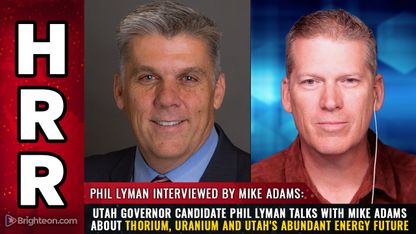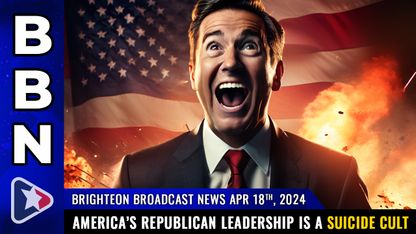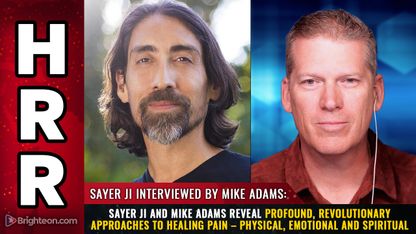
“Twitter is going wild with their flags, trying hard to suppress even the truth. Just shows how dangerous they are, purposely stifling free speech. Very dangerous for our Country," Trump said in a Twitter post on Dec. 24. "Does Congress know that this is how Communism starts?”
Social media has increased censorship of conservatives after the election
The Trump administration has repeatedly underscored the risks of unbalanced policing of user content on social media platforms. It has claimed that the companies have engaged in conduct that has limited conservative viewpoints and stifled free speech.
As part of this, the president and the Department of Justice have urged Congress to roll back social media companies' legal protections under Section 230 of the 1996 Communications Decency Act.
Section 230 exempts online platforms from liability for content posted by their users – though they can still be liable for content that violates intellectual property and anti-sex trafficking laws. The law also allows companies to block or screen content that they find "obscene, lewd, lascivious, filthy, excessively violent, harassing, or otherwise objectionable" as long as they do it "in good faith."
But these protections were not intended to apply to services that act more like publishers than online platforms, said outgoing Attorney General William Barr in a speech last May.
During the lead up to and after the November presidential election, Twitter ramped up its policing of posts by the president and other users over claims of voter fraud. On Nov. 12, the company said that it had applied labels, warnings and other restrictions to about 300,000 posts made from Oct. 27 to Nov. 11 for content that it claimed was "disputed and potentially misleading."
Included in these were a series of Tweets by Trump that argued that there was widespread voter fraud during the elections. These have been labeled with a warning that states, "This claim about election fraud is disputed."
More recently, the social media giant has been labeling relevant posts, saying that "Election officials have certified Joe Biden as the winner of the U.S. Presidential election," even though a number of legal challenges against the election results still exist.
Congress moves to override Trump's veto
Even as Trump vetoed the NDAA for failure to include Section 230 repeals, the House of Representatives voted on Monday, Dec. 28, to override the veto.
The bill itself had initially passed both the House and the Senate with veto-proof majorities. But it had been unclear if the override attempt would be successful or if the veto would be sustained amid the president's continued opposition to it.
Following the override in the House, the bill will next head to the Senate for that chamber's veto override attempt. Independent Vermont Sen. Bernie Sanders said on the night of Monday, Dec. 28, that he would delay the vote there unless Senate Majority Leader Mitch McConnell brings a vote on $2,000 stimulus checks to the floor. This move could delay a final vote on the Senate's override to Friday.
The $740 defense bill includes pay raises for soldiers, modernization programs for equipment as well as provisions to require more scrutiny before troops are withdrawn from Germany or Afghanistan.
In addition, the law includes provisions that limit how much money Trump can move around for his border wall and would require the military to rename bases named after figures from the Confederacy.
The president's veto has set up a clash with Congress that is putting Republican lawmakers in a difficult spot, while also paving the way for override attempts in both houses on Capitol Hill.
Follow Censorship.news for more on how Twitter and other social media companies limit free speech.
Sources include:
Please contact us for more information.






















